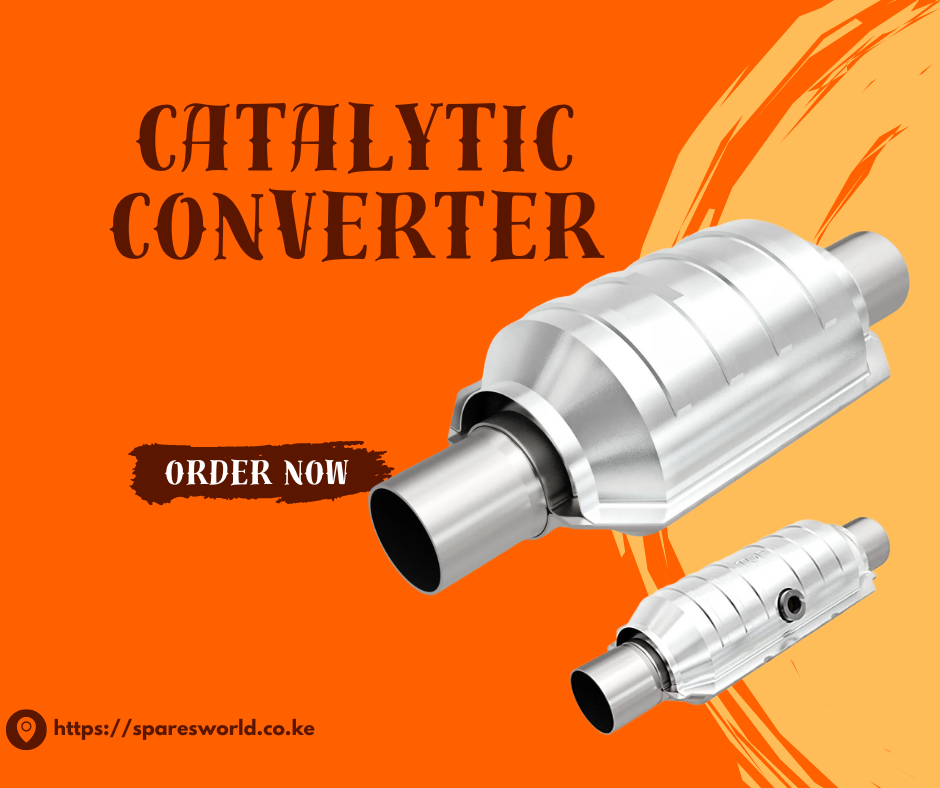What Is a Catalytic Converter and Why Is It Important?

Explore the crucial role catalytic converters play in reducing vehicle emissions and safeguarding our environment.
Understanding the Function of Catalytic Converters
A catalytic converter is a vital component of a vehicle's exhaust system that helps reduce harmful emissions. Located between the engine and the muffler, it uses a catalyst to convert toxic gases and pollutants into less harmful emissions before they exit the exhaust pipe.
The primary function of a catalytic converter is to facilitate chemical reactions that transform carbon monoxide, hydrocarbons, and nitrogen oxides into carbon dioxide, water, and nitrogen. By doing so, it plays a crucial role in minimizing the environmental impact of vehicle emissions.
The Environmental Impact of Catalytic Converters
Catalytic converters significantly reduce the amount of harmful pollutants released into the atmosphere. These pollutants, if left unchecked, can contribute to smog, acid rain, and respiratory problems in humans and animals.
By converting toxic gases into less harmful substances, catalytic converters help improve air quality and reduce the overall environmental footprint of automobiles. This makes them essential for meeting stringent emission standards and protecting public health.
Signs of a Failing Catalytic Converter
A failing catalytic converter can lead to a variety of issues, including decreased engine performance and increased emissions. Common signs of a failing catalytic converter include a noticeable drop in fuel efficiency, a sulfuric or rotten egg smell from the exhaust, and the illumination of the check engine light.
Other symptoms may include difficulty starting the vehicle, reduced acceleration, and an overall decrease in engine power. If you experience any of these signs, it is important to have your catalytic converter inspected and replaced if necessary.
Maintaining Your Catalytic Converter for Optimal Performance
Regular maintenance is key to ensuring the longevity and efficiency of your catalytic converter. This includes routine vehicle inspections, using high-quality fuel, and addressing engine issues promptly to prevent unburned fuel from entering the exhaust system.
Additionally, avoiding driving over rough terrain and ensuring your vehicle's exhaust system is free from leaks can help protect the catalytic converter from damage. By following these maintenance tips, you can help ensure your catalytic converter operates effectively and contributes to a cleaner environment.
The Future of Catalytic Converters in Auto Industry
As the auto industry continues to evolve, catalytic converters are likely to see advancements in technology and design. Innovations may focus on improving efficiency, reducing costs, and enhancing the environmental benefits of these critical components.
With the increasing push towards electric and hybrid vehicles, the role of catalytic converters may shift, but their importance in reducing emissions from traditional internal combustion engines will remain significant. The ongoing research and development in this field highlight the industry's commitment to sustainability and environmental protection.

 Loading..
Loading..